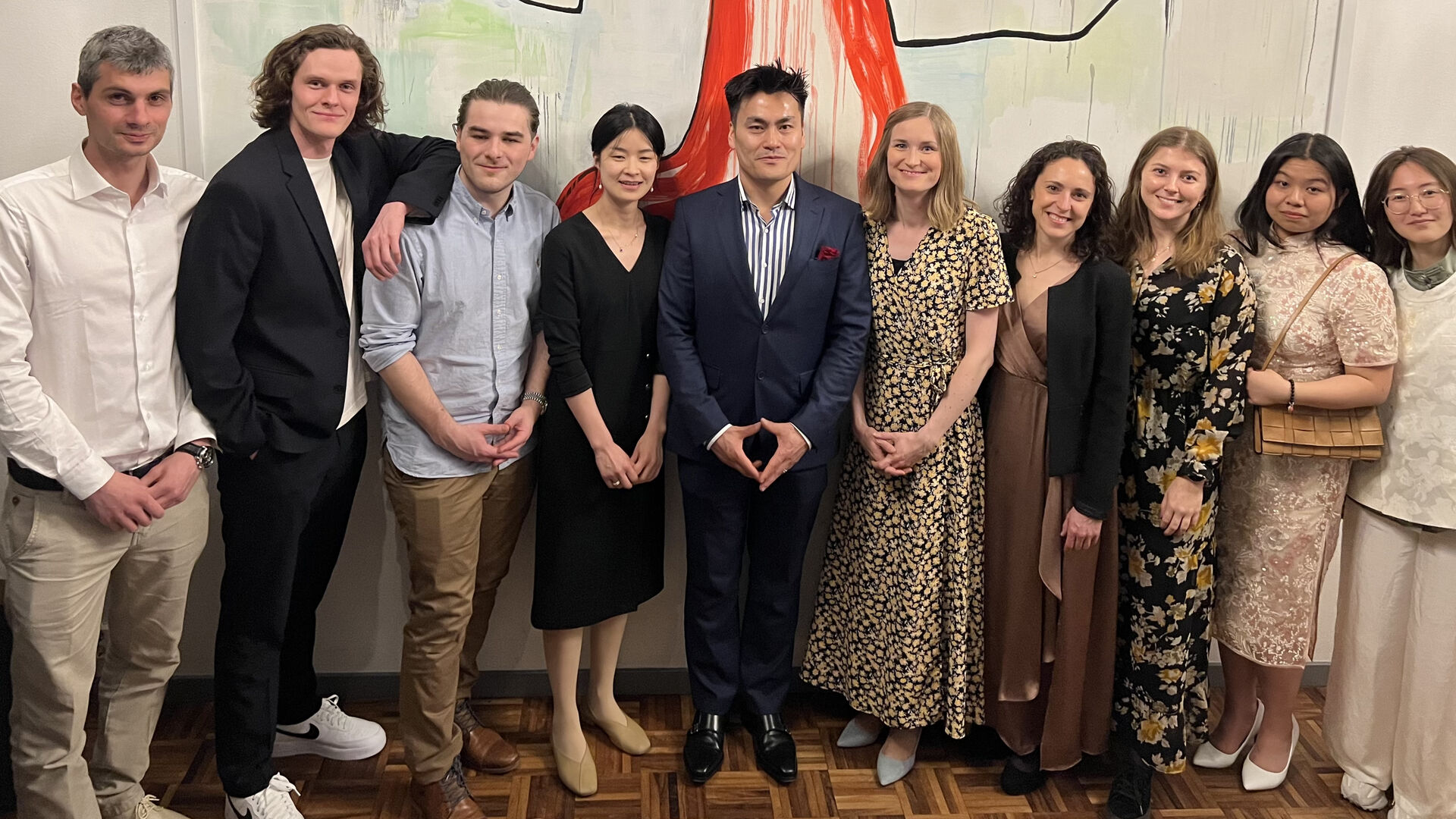Today's older adults have much better health than previous generations. However, there are still major individual differences among older people of the same age: why can some people go hiking, while others need to use a wheelchair to get about? How can some play chess with their grandchildren, but others struggle to remember their own name?
Associate Professor Evandro Fei Fang, together with his collaborators, has been awarded a multi-million dollar contract from Wellcome Leap’s Dynamic Resilience program, jointly funded with Temasek Trust, to explore why there are such large differences in the health status of older people.
"I am excited to lead this project. As a researcher on aging for more than 10 years, a key question is always why some people age so well, while many others suffer from physical decline and memory loss”, says Fang.
Is it possible to reduce the risk of delirium?
The research will focus on delirium, an acute state of mental confusion that is very common among people over 70 who are hospitalized for infection, injury or surgery, and which can lead to frailty progression and/or dementia.
"Delirium received significant attention during the pandemic, as many older patients who were hospitalized with Covid-19 developed delirium," Fang explains, continuing:
"In this project, our goal is to understand at the very fundamental level of molecules and cells why some older adults are more at risk of delirium than others and whether it might be possible to reduce that risk, by increasing their resilience".
Combining clinical knowledge with laboratory methods and AI
“This major funding, awarded competitively through the global ‘Dynamic Resilience’ program, gives us opportunities to explore this question both in the laboratory and in the clinic”, Fang says.
The researchers aim to study the long-running human HUNT cohorts combined with lab-based experiments and use the power of artificial intelligence (AI).
When combined, they can help Fang and collaborators to measure, predict and potentially improve dynamic resilience, the ability to recover fully from acute stressors such as major infection or injury, particularly in delirium and dementia.
He adds: “If we are successful, this project could have immediate clinical applications.”
The project includes experts in aging, delirium and dementia
Partners in the project include Professor Leiv Otto Watne at UiO and Akershus University Hospital and Professor Geir Selbæk at UiO and the Norwegian National Centre for Ageing and Health, who are national experts in delirium and dementia respectively.
The project also includes British partners, with Professor David C. Rubinsztein at the University of Cambridge, Professor Guang Yang at Imperial College London, and MindRank Technologies Limited, a company working on artificial intelligence (AI).

An important and prioritized research topic
“Congratulations are in order! Aging is an important and prioritized research topic, and we are grateful that Evandro Fei Fang, Leiv Otto Watne and Geir Selbæk, along with their collaborators, have received this significant and competetive funding. This also opens the door to new sources of funding for our researchers”, Dean of Research Jan Bjaalie, says.
Contact
- Evandro Fei Fang
- Leiv Otto Watne
- Geir Selbæk
- Wellcome Leap (external webpage)
